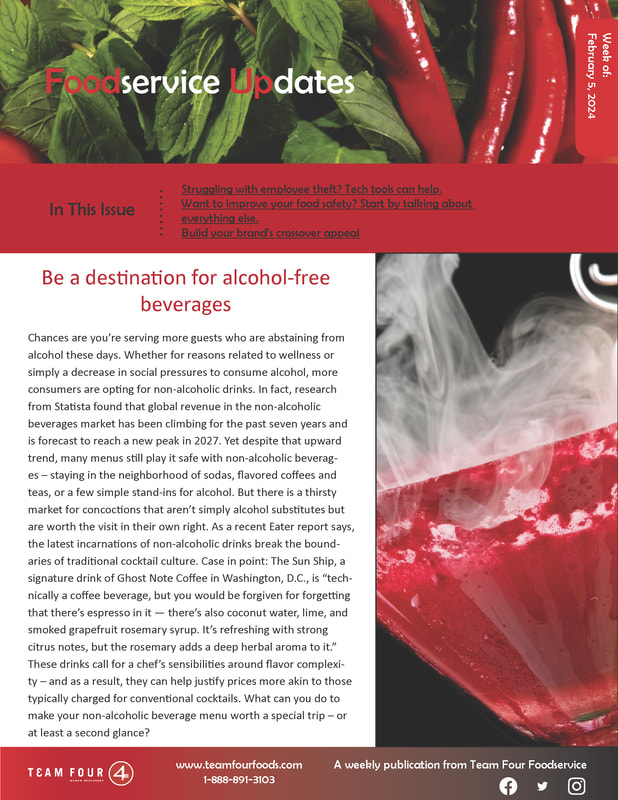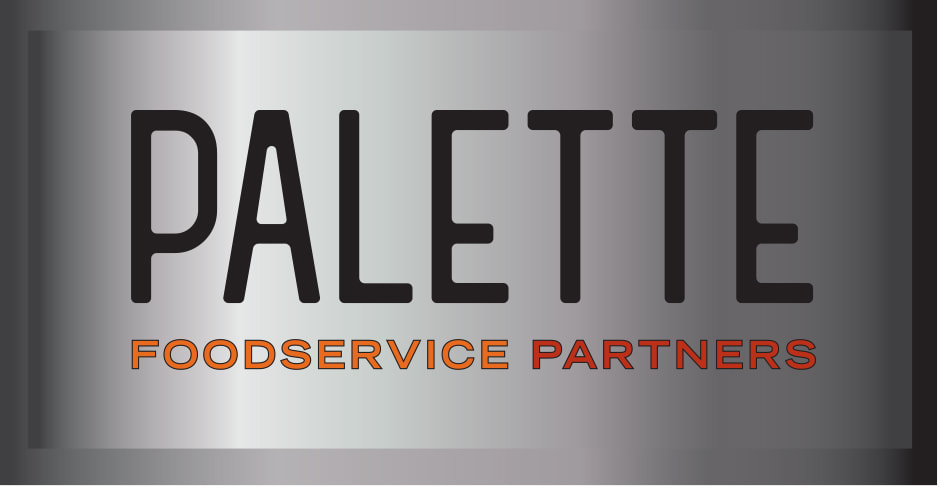 As the sales of plant-based foods continue to take off, there is still some uncertainty about how to store and prepare these products to ensure they are safe to consume. Although these items are often swapped in for animal-based counterparts, their components and processing methods have far different impacts on their safety for consumption than animal proteins do. According to Global Food Safety Resource, many ingredients used in finished plant-based products are allergenic and have the potential to cause serious reactions. Further, the combination of ingredients including proteins, sugars and fats impacts the microbial load of plant-based products, which can lead to an increased likelihood for survival and growth of pathogenic microorganisms. Finally, the processing of the plant-based food – including the environmental conditions present, raw material used and the handling of the finished product – can all impact its safety. In addition to trusting your suppliers of these products, it’s important to ensure your team is well-versed in the proper food safety protocols for these foods so what you’re serving is safe. As plant-based proteins flood restaurant menus of all types, food safety practices around these foods may be lagging – all at a time when consumers have greater expectations for food safety overall. The nutrition company Kerry said because of the wide range of materials used in plant-based meat and dairy alternatives, plant-based proteins may be susceptible to microbial spoilage: “Like their meat-based counterparts, they are near neutral in pH, high in protein and moisture content so it is imperative that appropriate microbiological control mechanisms are put in place,” the company said. Does your operation have new procedures and training in place for protecting the safety of the new plant-based proteins you are bringing into your business?
Yale University’s produce purchases have increased by more than 68,000 lbs. since last year, according to a recent report in Produce Business. That’s roughly equivalent to the weight of 10 elephants. Like many foodservice operators around the country, Yale Hospitality, which the report says serves more than three million meals annually, has been experiencing a surge in demand for plant-based foods well beyond the salad bar. The demand has heightened the importance of having produce suppliers you can trust, since an operation’s food safety is only as good as the food safety practices of suppliers. The produce distributor FreshPoint advises operators to check for verification audits confirming the supplier has passed safety inspections (GAP) and sells food that is protected against accidental contaminants on the part of the vendor (GMP). Beyond that, look for a food defense program that protects against intentional contamination of the food supply, as well as Global Food Safety Initiative certification to demonstrate it is subject to third-party audits. To make sure food is handled safely before it reaches you and stored at the proper temperature before and during delivery, check for an ongoing food safety program for employees and up-to-date refrigerated warehouses and delivery vehicles. Finally, if a recall occurs, what process do they have in place to trace the problem and report it to you? You need to feel confident that if a food safety incident occurs, you will know about it immediately
|
subscribe to our newsletterArchives
April 2024
Categories
All
|





 RSS Feed
RSS Feed